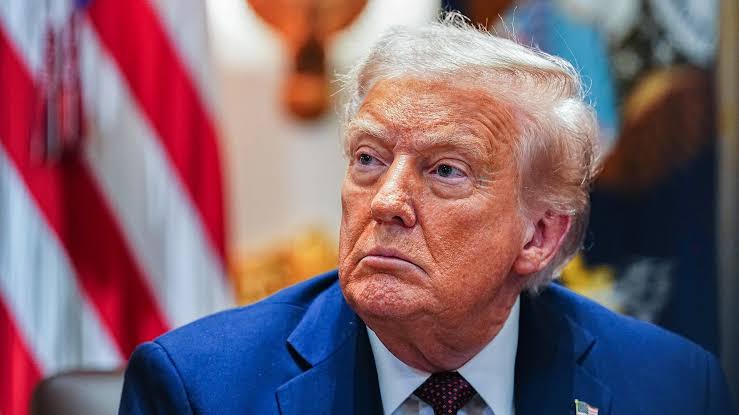USA: Trump Led Administration Almost Ruined The State With this Policies;Experts…
Trump the former president of the United States, is currently at the top of the political stronghold as revealed in some local paper work linking to his effort in his administration as he made judicial use of power and opportunity which includes the federal independent institution.
This was also shown in the federal reserve which is one of the most significant involvement where trump had issues with the the chairman. It was reported that trump almost sacked Mr Jerome because of disagreement on financial policy made by the government.
Though this didn’t happen, most economist are still concerned about the act of the president to temper with one of the most influential office in the state for just political benefits and it should be noted that the federal reserve have longed operate independently without interference of the government before Trump.
The institution should not be politicised, the fed reserver deceive full autonomy to be free from danger emerging from politics.
Another scrutiny by Donald Trump was the decision to abolish birth right citizenship which have been in existence for long but an appeal court ruled against it saying it’s unconstitutional.
